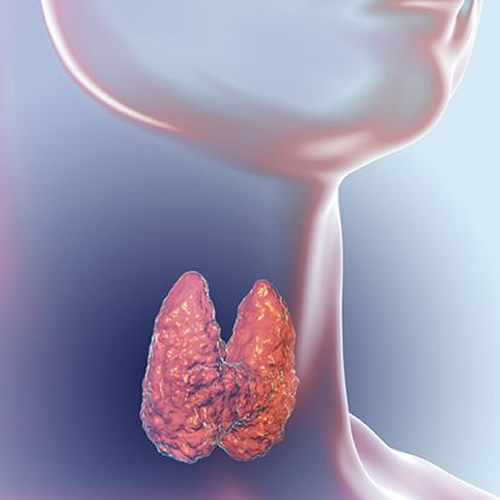
Under normal conditions, there are two, one on each side. They allow the germs that enter through the mouth to be filtered and cleaned as they pass through the throat. While the tonsils filter the germs from the outside, they become infected and swollen from time to time. These infections are mostly of viral origin.
DETAILHOW DO I KNOW ABOUT A TONSINAL INFECTION?
Sore throat occurs as a result of inflammation and swelling of the tonsils following an infection, as mentioned above.
Patients may experience pain in the ears upon swallowing, joint pain, fever, weakness, nausea and vomiting.
HOW IS TONSICLE INFECTION DIAGNOSED AND TREATED?
Patients with tonsil infection should consult an otolaryngologist. If the physician thinks of an infection after examining the patient, he plans the appropriate treatment. What is interesting in treatment is that patients constantly demand antibiotics. However, very few patients need antibiotics.
Most infections are of viral origin. Antibiotics have no effect on viruses. Antibiotics are effective against bacteria. Therefore, some patients who have had tonsillitis of viral origin complain that they do not get better despite using antibiotics. Viral tonsillitis is mostly a self-limiting condition.
WHEN SHOULD I HAVE THE SURGERY?
Tonsil surgery has indications that have been accepted by many scientific publications, these are;
Chronic tonsillitis (if a patient has 6 or more infections in a year, a total of 8 or more infections in two years, a total of 10 or more infections in 3 years) having tonsils (tonsils) large enough to cause sleep apnea, having peritonsillar abscess (tonsil abscess) cervical lymph node abscess 5. bad breath that cannot be explained by other reasons Tonsil stone (tonsillolithiasis) Diphtheria portorlugu (carriage) Symptomatic streptococcal carriage unresponsive to medical treatment can be listed as Cervical Tbc lymphadenitis.
HOW IS THE SURGERY?
Tonsil surgery is an operation that takes approximately half an hour to an hour. The patients are prepared for the operation by performing some tests before the operation. Although patients are usually discharged after 4-5 hours after the operation, they can sometimes be followed for 1 night. Although the operation is performed under local or general anesthesia, general anesthesia is preferred today. Surgery has some risks.
These are Bleeding; Most bleeding occurs within the first 24 hours, which is called early bleeding. Late bleeding is bleeding that occurs after 8-10 days. Iatrogenic uvula and palate injuries Vomiting, Dehydration, Airway obstruction, Aspiration pneumonia, Deep neck infections However, the rate of all these complications is extremely low.
POSTOPERATIVE
Foods: No food is taken orally for 4-5 hours after the surgery, then watery and soft foods should be taken (eg water, milk, ice cream, pudding, pudding, yogurt, ice cream) On the second and third days following the surgery, in addition to the above, soft vegetable dishes, pasta, rice can be eaten.
As of the fourth day, normal nutrition can be started, except for hard foods such as bread edge, biscuits, chips that may irritate the throat. Do not use any other medication unless your doctor recommends it. Bath: You can take a bath with warm water a few days after the surgery. Rest: Although it varies according to the patient, it is recommended that patients rest for at least 10 days. Healing: After the tonsils are removed, there will be an open wound in the part of the mouth where the tonsils come out. After the operation in this area, there may be sore throat and ear pain when swallowing. If you look at the throat, you will see that the area where the tonsils are located is white-yellow in color. This appearance is not due to inflammation and will last for 15-20 days. Then the operation area will be covered with a pink colored tissue similar to the one inside the mouth.
Bleeding: Bleeding after tonsillectomy that will require re-intervention is very rare. The risk of bleeding is highest in the first 24 hours, but bleeding continues for 10 days after surgery. Call your doctor without delay if you vomit fresh blood from the mouth or vomit a dark-colored digested clot.